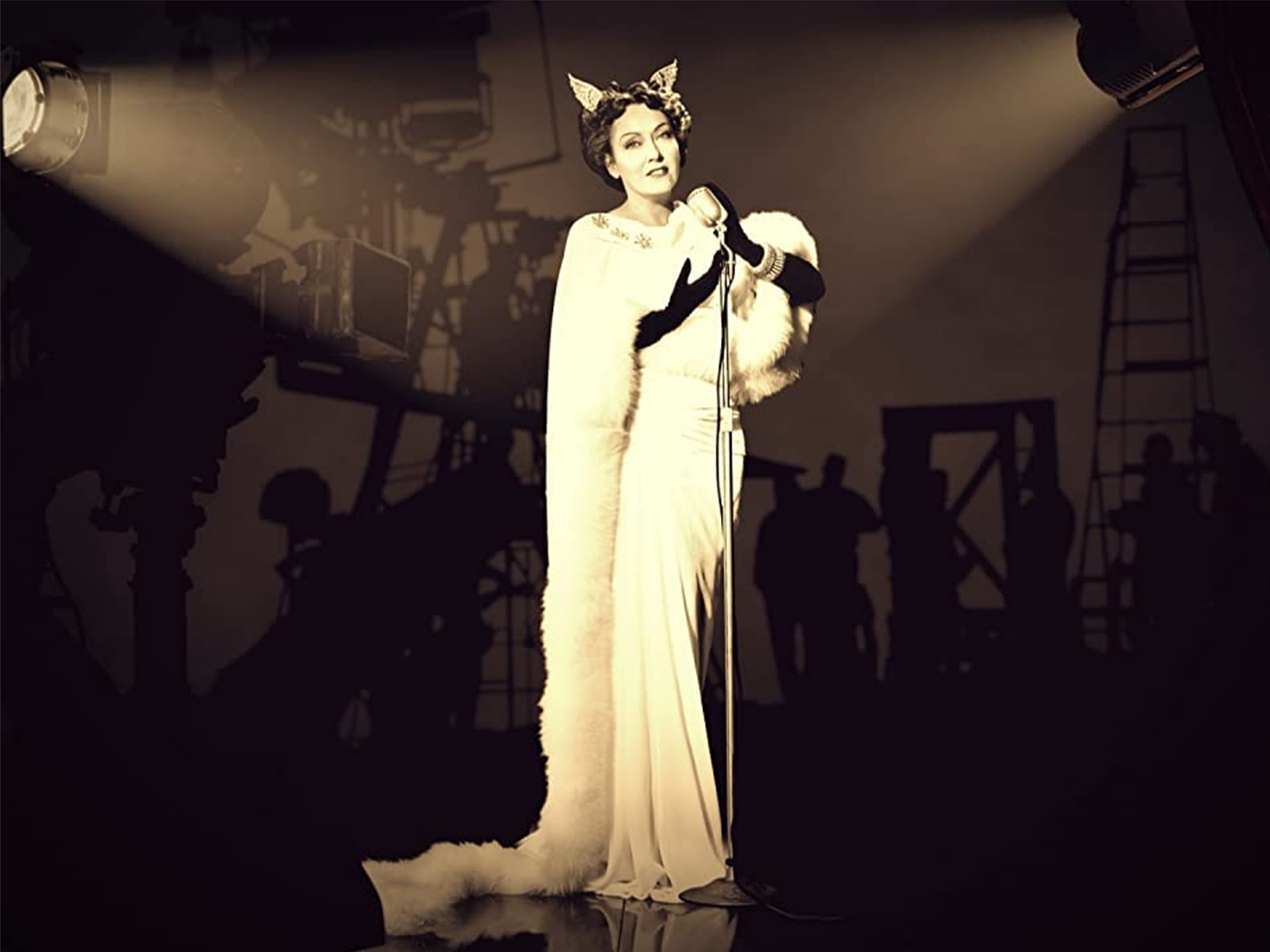
- Film
Docs: Jeffrey Schwarz – Gloria Swanson’s Ready for her Next Close-Up
Jeffrey Schwarz, like most cinephiles, has a special love for the film Sunset Boulevard. While the award-winning documentarian thought he knew everything about Billy Wilder’s 1950 Hollywood masterpiece, which introduced the world to Norma Desmond, an aging actress brilliantly played by Golden Globe-winning Best Actress Gloria Swanson, he was surprised to discover a unique afterlife to the cinematic classic.
Premiering at the 2021 Outfest Film Festival, Boulevard! A Hollywood Story tells of Swanson’s pursuit to turn the iconic film into a musical, decades before Andrew Lloyd Webber would ever get the chance. Having previously trained his documentary lens on the lives of such distinct personalities as Divine, Tab Hunter and Allan Carr, Schwarz soon realized the story broadened to a much bigger examination of ego, ageism and a three-way love affair.
Hollywood is an industry where so much of history is buried. How did this story come to your attention?
I love Sunset Boulevard like so many of us, it’s one of my favorite movies. But I had no idea that this incident happened, which is Gloria Swanson’s failed attempts to make a musical version of Sunset Boulevard. I didn’t know about it until I read a book by Sam Stags about the making of Sunset Boulevard. And there was one chapter in there about this musical. As soon as I read this chapter, I just couldn’t believe it. She enlisted the help of these two young composers, Dickson Hughes and Richard Stapley, who really not many people have ever heard of and the three of them went about making this musical or trying to make this musical. They wrote the entire score together, they wrote all the songs, there are recordings, test recordings of all the songs. So as soon as I learned about this, I thought it would make a sensational documentary because it’s got all the elements you want, not just for a documentary, but any kind of movie like that. It’s got drama, it’s got suspense, it’s a love story, it’s a love triangle, it’s got everything you possibly would want.
Part of the fun for a documentarian is uncovering lost gems; archival footage that people never knew existed. You stumbled into a publisher’s office and scored the soul of this film.
When I first learned about the story, I wasn’t sure that it even could be a documentary because Gloria is gone, Richard and Dickson are no longer with us, so I didn’t know. But when you start making a documentary, you just start looking around and you start hunting. A friend of mine, Alan Eikler was friends with Dickson Hughes, one of the two composers. I took them out to breakfast, and he said to me I have been waiting for somebody to ask me about this for twenty-five years. (laughs) He knew that there was a great story here to tell. He connected me with Steven Bach who was friends with the other gentleman Richard Stapley. Back in the 2000s when Richard was still with us, Steven sat down and interviewed Richard, because he just knew that this story was so incredible; and while he didn’t know what he was going to do with the interview, he knew that he just needed to get Richard to sit down and tell the story, which he did. Watching that footage, I knew I could tell the full story as I had Richard’s side. And then in digging further, I found an archival interview with Dickson, the other composer, where he told his side of the story.
And it didn’t hurt to have Swanson’s archive as well.
For Gloria Swanson’s personal archives, which are at the Harry Ransom Center in Austin Texas, she saved everything from her entire career. Every scrap of paper, every canceled check, everything. She also had files on this failed musical attempt and also other recordings of all the songs that she had. So, the hunt for the archival was so exciting when we would find something that was going to be available to help tell the story.
Swanson seemed ready for her close-up again with this musical.
Gloria, even though she had this huge career resurgence with Sunset Boulevard and as you know she had been a big star prior in the silent era, there’s no follow-up. So, wanting to be back on stage and have the lights back on her again in a musical version of Sunset Boulevard, made perfect sense to her, because Gloria wanted to maintain her celebrity. Even though she wasn’t really making movies after her silent era into the 30s and 40s, she made a few talkies but didn’t really breakthrough in a big way. But she stayed the celebrity, she basically played the role of Gloria Swanson.
In what way?
She was like an early kind of Martha Stewart. She had a TV show in New York, an afternoon TV show where she would introduce socialites and do cooking segments and things like that. And there are only one or two episodes that actually survived. But she did that, and she had a clothing line and a makeup line, and she was on talk shows and she would just be out in public. So, she certainly wasn’t forgotten. But by the time Sunset Boulevard came around, that was her first sort of big comeback role. She loved playing the role so much that Richard Stapley actually said that Gloria would say at the end of the shoot every day, “I wish I could do this every night”. And that was her dream, to sort of step back into the high heels of that character.

